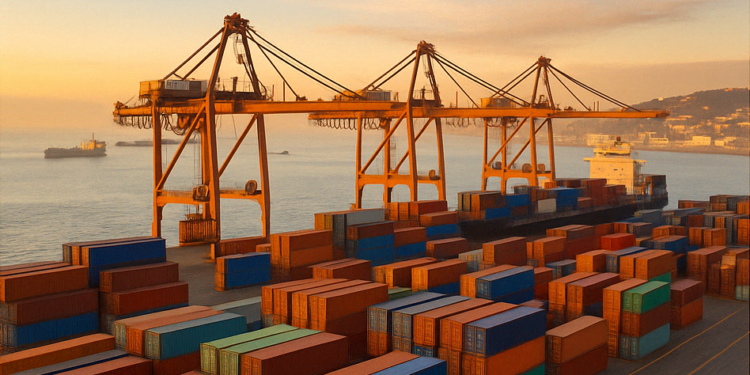
The port of Algiers wakes up to a different scene than it did a decade ago: ships loaded with fertilizers,steel,and dates have partly replaced the usual traffic of crude oil and gas. This shift symbolizes Algeria’s economic turnaround — a country that,for years,relied on hydrocarbons for over 90% of its export revenue and is now working to establish a broader,more dynamic,and sustainable production model.
Since 2017,non-oil and gas exports have tripled,reaching $5.1 billion in 2023. While they still account for just 2% of GDP,sectors such as steel,cement,and agribusiness are gaining ground. This progress is driven by structural reforms,improved port logistics,and an increasing openness to international trade.
Intel Launches Second Edition of Intel Community Reach Program to Bridge Africa’s Digital Divide and Foster AI Innovation
A key element in this transformation has been the digitalization of trade processes. The implementation of the Algerian Port Community System (APCS) has connected exporters,shipping lines,and customs authorities through a single digital platform,significantly reducing clearance times and improving maritime trade efficiency. These technical innovations,along with legislative efforts like the 2022 Investment Law,are opening the country to foreign capital and enhancing its appeal as an industrial hub.
Diversification is also taking root in the countryside. The agricultural sector has shown notable momentum with the export of fresh products,the use of by-products like sheep hides for the leather industry,and the development of value chains such as cork and precision mechanics. Improvements in quality and certification,led by agencies like ALGERAC,have enabled Algerian products to begin meeting international standards,easing access to more demanding markets.
However,the path to a more diverse economy is not without challenges. Productivity,bureaucracy,and environmental demands — such as the European Union’s new carbon regulations — require constant adaptation. To sustain its growth,Algeria must strengthen its industrial capacity,expand its markets,and continue investing in future-facing sectors like renewable energy and information technology. The country is still in the early stages of its transformation,but the change is already visible in every container leaving its shores: less oil,more future.
United News - unews.co.za